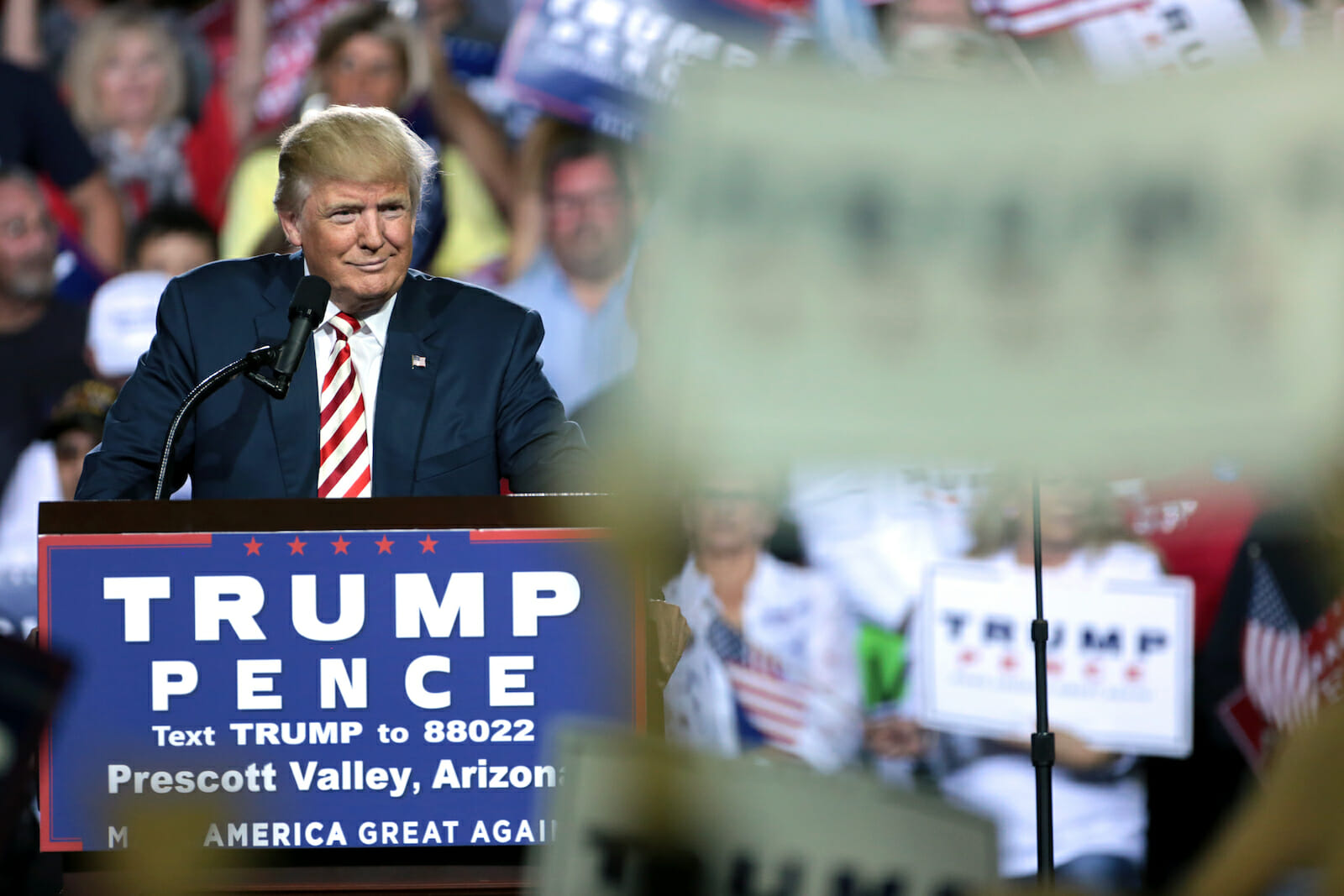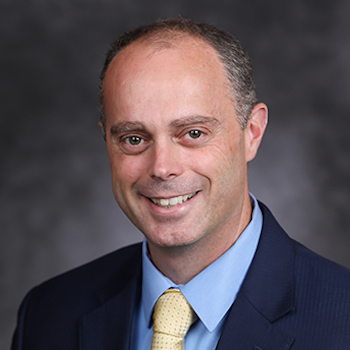
Politics
Is Political Ideology Driving Immigration Policy? Not So Much
Even though unauthorized immigrants make up only 3.5 percent of the U.S. population, and comprise only 20 percent of all immigrants residing in the U.S., they tend to generate the majority of the national debate over immigration policy. But despite the energetic negative speechmaking of some political candidates and parties, in many communities across the nation, Americans’ policy opinions toward legal and unauthorized immigration is turning toward greater acceptance, and in some places greater rejection. The reason has less to do with any changes in political ideology than with individual perceptions of an immigration problem.
From Republicans, such as Donald Trump, to Democrats, such as Bernie Sanders, the political positions and policy solutions range widely.
The Pew Research Center—a non-partisan organization that measures public opinion—documents a diversity of opinions among regular Americans, too, and one of the most noticeable gaps between people is based on their political ideology.
Conservatives tend to want more border security and tougher penalties for unauthorized immigration, while liberals tend to favor a pathway to citizenship if certain social conditions are met. So, one might assume that political ideology is the primary foundation of Americans’ immigration policy opinions.
This assumption would be incorrect.
Social scientists have studied Americans’ opinions toward immigrants and immigration policy for over a hundred years. They consistently find that a political value system – the internalized notion of right and wrong regarding government action – plays less of a role in the development of Americans’ immigration policy opinions than other factors.
Evidence suggests that the most powerful factors that shape Americans’ policy opinions toward unauthorized immigration are individual perceptions of group competition and actual intergroup relations. These conditions are external, not internal, to individuals.
Americans who live in geographic areas that have experienced a recent and relatively quick increase in the number of immigrant residents tend to formulate restrictionist immigration policy opinions. The key component is the dynamic shift in demographics that influences Americans. Individuals who reside in communities that have many legal and unauthorized immigrants, but the demographic composition has remained static for years, are much less likely to develop a negative immigration attitude.
Another important component is the perception of demographic change rather than actual change itself. When Americans perceive an influx of unauthorized immigrants they tend to fear that their economic advantages and cultural privileges will be undermined, even though they typically do not know if their perceptions match reality. In response, independent of their political ideology, they develop policy opinions that are unfavorable toward unauthorized immigrants.
It may seem counterintuitive from the current political debate, but one of the social processes that counteract these negative effects is having day-to-day contact with immigrants. The odds are greater that Americans will form pro-immigrant policy opinions where there is social interaction – at work, in the neighborhood – with immigrants of relatively similar social statuses. This effect is enhanced where authority figures favor a more positive attitude toward immigration, including attitudes toward unauthorized immigration.
Scholars find that these contextual processes even influence the impact that political ideology has on shaping Americans’ policy opinions toward unauthorized immigration, in the sense that they either strengthen or weaken the conservative or liberal positions.
Even though unauthorized immigration has stabilized in the last five years, and shows no signs of expanding any time soon, demographers tell us that legal immigration will continue to increase significantly for decades, thus creating both positive and negative social conditions in individual communities across the country. The political debate notwithstanding, Americans’ policy opinions toward unauthorized immigration may be expected to congeal positively or negatively in individual communities across the land, depending on the rate of increase in immigration and the homogeneity of the social/economic mix. Therefore, over time, the national political discourse and public policy will be reflective of this structural change in our communities, and not determinative of the slow-moving shifts in Americans’ political ideology.

